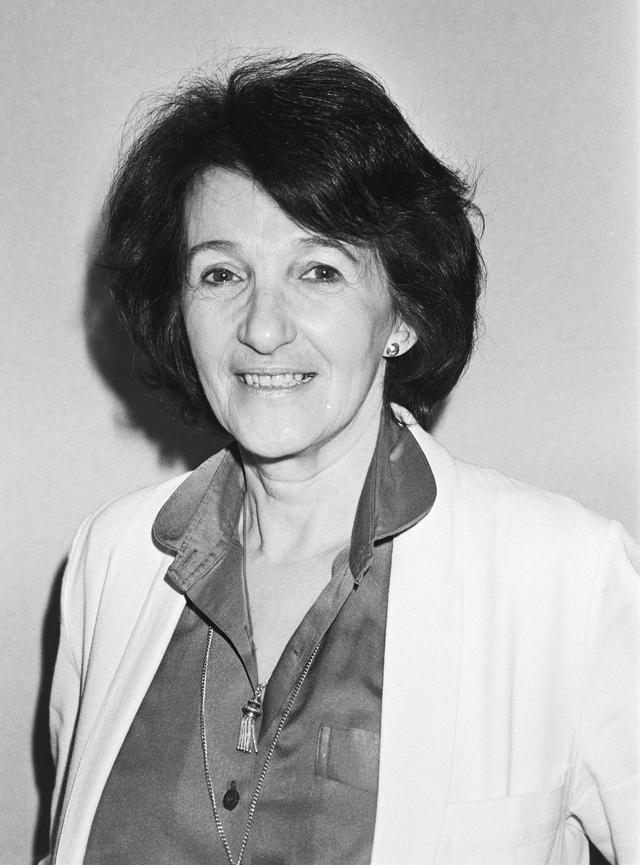An Empty House
On 10 July 2023 Marga Minco, one of the most renowned authors in the Netherlands, died at the age of 103. She leaves behind a small but impressive body of work in which memories of the Second World War and the Holocaust play a central role. She writes about these subjects with great restraint: ‘You have to write soberly about a dramatic event, or it becomes melodrama. I wanted to say it as precisely as possible. Never two words if just one could do.’

Her novel An Empty House (1966) is an example of the ingenious way Minco seamlessly interweaves the present and the past through the use of brief flashbacks. The book consists of three episodes, which are three days from the life of the protagonist, Sepha. She is a young Jewish woman who has spent the war in hiding, during which she embarked on an affair with Mark, who lived in hiding with her.
They experience the Liberation together, after which Sepha goes to the countryside for a while to recuperate. Hitchhiking back home, she meets Yona. The two women exchange stories about their time spent in hiding. When they get back to Amsterdam, Sepha expects to see Mark, but he is not home. She puts her hand into the mailbox of the neighbor’s house, where she used to go play as a child: ‘I felt the cold against my fingers, the cold of a big hole that the wind blew through.’
The house is an important symbol in the book — the epigraph by Kafka (‘houses are so much wiser than the people who stare at them’) is another allusion to this motif. The house symbolises a lost touchstone in life. The second part of the book takes place on a holiday two years after the Liberation. Sepha and Mark are married now but both are having affairs. He mainly just wants to party where she buries her feelings. When she gets the definitive confirmation from the Red Cross that her parents and sister died in the concentration camp, her reaction is characteristically understated: ‘I cover over the letters with other papers, like someone shoveling sand into a drawer.’
The most important themes in the novel are survivor’s guilt, antisemitism (which is still rampant after the war), and the impossibility of going on living. Sepha wants to continue with her life but feels detached from the world and has a hard time with intimacy; Yona stays stuck in memories she can’t relinquish. Minco’s exacting prose paints a moving, indelible portrait of two women each trying, and failing, to forge their own path after the Liberation.
Rights
Nikki Verkerk
foreignrights@pbo.nl
“‘Her small, moving novel 'An Empty House' is a literary document of our post-war history, along with her equally intense war chronicle 'Bitter Herbs'.’”
“‘Minco is a masterful storyteller. With Sepha, she created a complex female character limping her way to an uncertain future.’”
